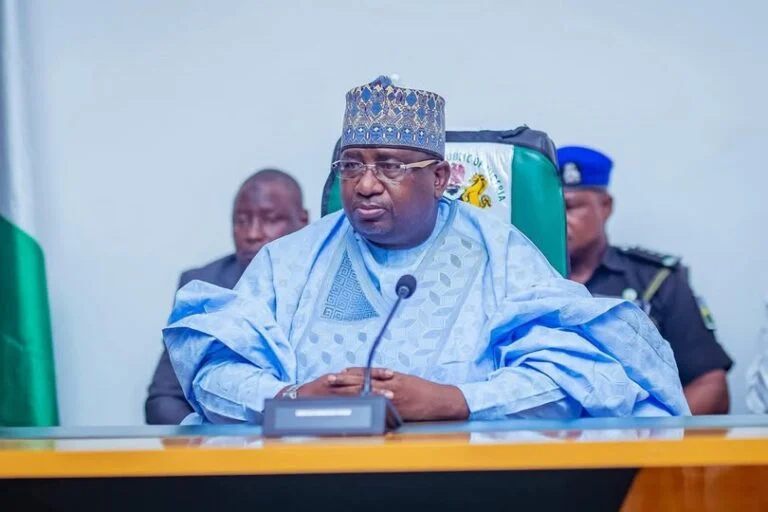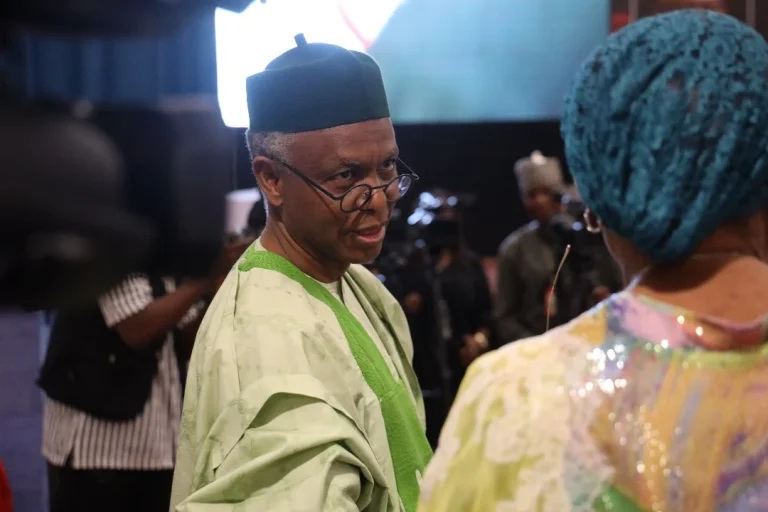Shame in Dependency: The Diaspora’s Unfortunate Contempt for Nigerians at Home

It is a shameful reality of our times that many Nigerians in the diaspora, instead of showing solidarity with their compatriots at home, have made it a habit to mock and belittle them.
What makes this attitude even more unfortunate is the fact that these same Nigerians abroad depend heavily on those they so casually dismiss.
From academic assignments and research projects to business contracts, family responsibilities, and political connections, the diaspora’s lifeline is often held firmly by those living in Nigeria. They rely on relatives to manage properties, monitor building projects, and maintain cultural and social ties. They turn to friends for contacts and local influence.
Even in personal struggles abroad, it is Nigerians at home who provide emotional and financial support. In truth, there is no complete independence from the homeland.
Yet, despite this undeniable dependence, Nigerians abroad seize every opportunity to ridicule the country and insult its citizens. Social media is awash with condescending remarks, as though those who left have earned the right to scorn those who stayed. This is not just hypocrisy; it is ingratitude of the highest order.
Criticising Nigeria is not the problem; the country is indeed plagued by corruption, poor governance, and missed opportunities. However, criticism that springs from arrogance and disdain rather than genuine concern is destructive.
To despise the same people you need, your look-alike, only connections to your root, to mock the same land you return to for contracts and connections, is nothing but self-deception.
The truth, however, is simple and unchanging: there is no place like home. No matter how Nigerians in the diaspora feel about Nigeria, no matter how much comfort or opportunity they find in foreign lands, they cannot change the fact that they are Nigerians, and their roots will always be here.
A passport may grant new privileges, but it does not erase heritage. Distance may create convenience, but it does not cancel identity.
Nigerians at home are not perfect, but they remain the hands that hold the rope tying the diaspora to their roots. Without them, the bridge collapses. The least they deserve is respect, not ridicule.
It is time for Nigerians in the diaspora to reflect. Citizenship is not cancelled by distance. National identity is not erased by migration. And solidarity is not optional when you continue to benefit from the very people you dismiss.
Mockery is easy. Constructive engagement is harder. But if the diaspora truly wishes to see a better Nigeria, it must learn to replace contempt with collaboration. Anything less is both shameful and unfortunate.









